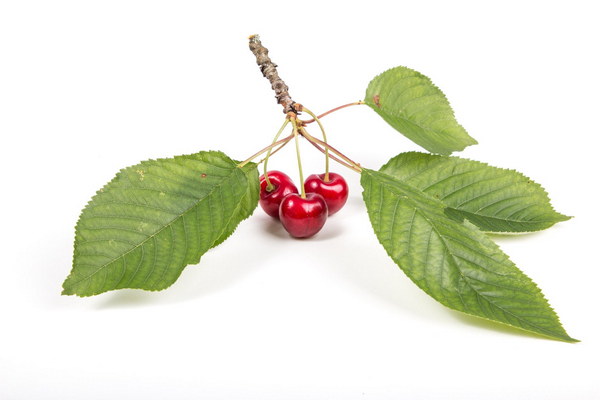Crash-Car Care Nurturing Your Skin After a Car Accident
In the aftermath of a car accident, the immediate concerns often revolve around physical injuries and vehicle repairs. However, the collision can also take a toll on your skin, leaving it damaged and in need of tender care. This article delves into the essential steps to nurture and revitalize your skin after a car accident, offering practical advice to help you on the road to recovery.
Assess the Damage
The first step in caring for your skin after a car accident is to assess the extent of the damage. Look for signs of bruising, cuts, or burns. If you notice any skin injuries, it's crucial to seek medical attention promptly.
Keep the Area Clean and Dry

If you have cuts or abrasions, it's essential to keep the area clean and dry to prevent infection. Wash the wound gently with mild soap and water, then apply an antibiotic ointment. Make sure to cover the wound with a sterile bandage to keep it protected.
Moisturize Regularly
Skin that has been subjected to the stress of a car accident may become dry and sensitive. To combat this, use a gentle, fragrance-free moisturizer to keep your skin hydrated. Opt for ingredients like aloe vera, shea butter, or hyaluronic acid, which can soothe and repair damaged skin.
Use Sun Protection
Your skin may be more susceptible to sun damage after a car accident, so it's essential to apply a broad-spectrum sunscreen with an SPF of at least 30. Reapply the sunscreen every two hours, especially if you're outdoors or sweating.
Gentle Exfoliation
Dead skin cells can accumulate on the surface of your skin, making it look dull and rough. To encourage cell turnover and promote healing, gently exfoliate your skin once or twice a week with a mild, natural scrub. Avoid harsh chemicals and abrasive materials, as these can irritate your skin further.
Consider Topical Treatments
If your skin is particularly damaged, you may benefit from topical treatments. Look for products containing ingredients like vitamin E, alpha-hydroxy acids (AHAs), or growth factors. These ingredients can help to repair and rejuvenate your skin.
Stay Hydrated
Hydration is key to healthy skin. Drink plenty of water throughout the day to keep your skin hydrated from the inside out. Aim for at least eight glasses of water daily, and consider adding a squeeze of lemon or cucumber to your water for added skin benefits.
Manage Stress
Stress can exacerbate skin issues, so it's essential to find ways to manage your stress levels. Engage in relaxation techniques such as yoga, meditation, or deep breathing exercises. Regular physical activity can also help reduce stress and promote overall well-being.
Seek Professional Help
If your skin issues persist or worsen, don't hesitate to seek professional help. A dermatologist can provide tailored advice and treatment options to address your specific skin concerns.
Conclusion
While the physical scars of a car accident may fade over time, the impact on your skin can be more enduring. By following these steps to nurture and care for your skin, you can help promote healing and restore your skin's health. Remember, patience is key, and with consistent care, your skin will gradually improve.









